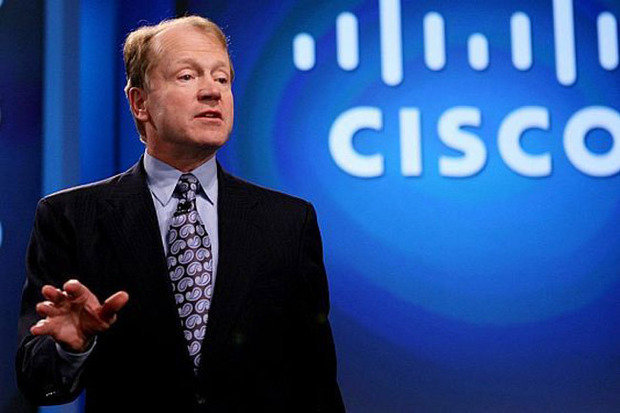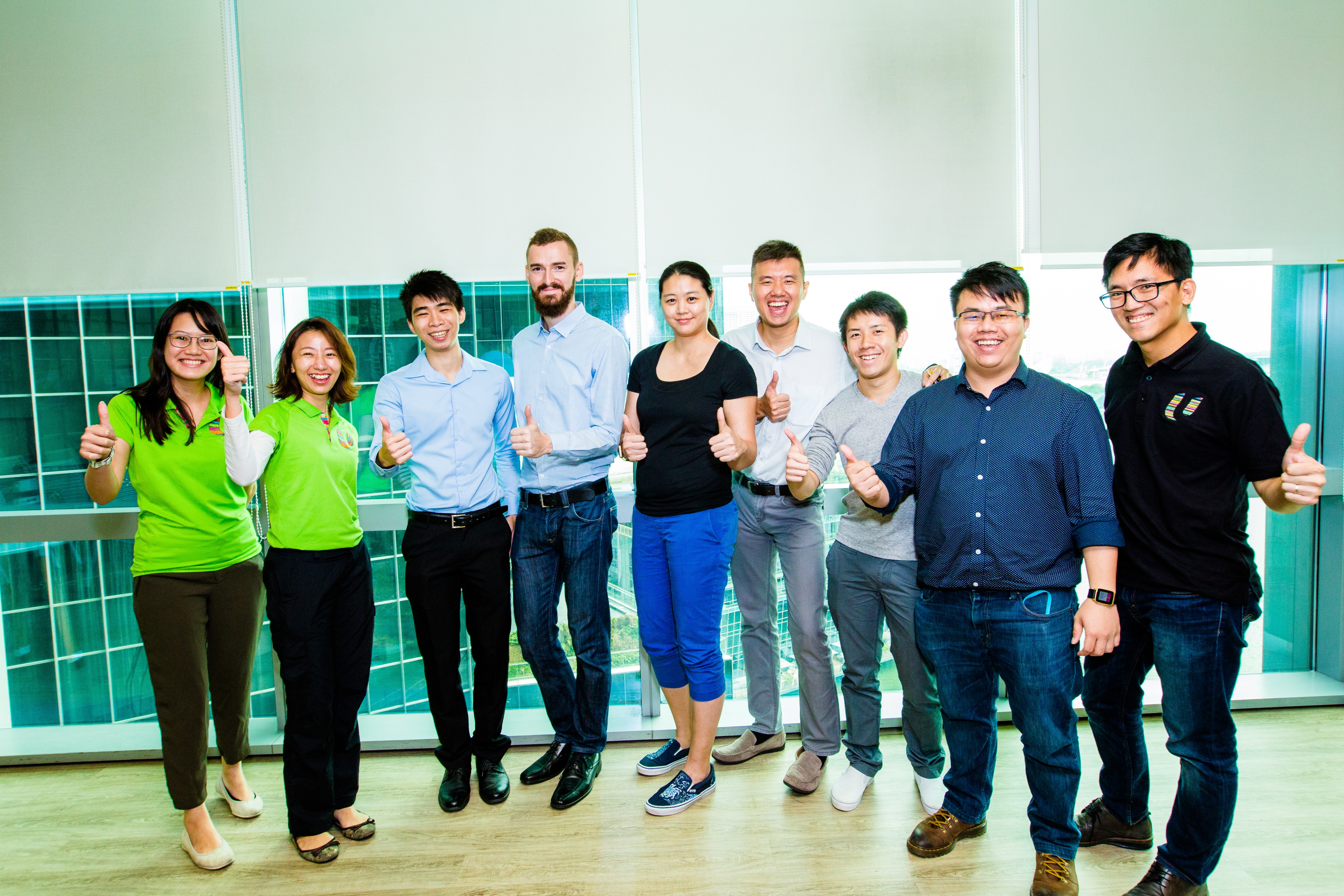
Embracing Digitalisation in your HR Strategy
This article originally appeared on IoTalents.com. Written by Faith Lim.
—
What is HR Digital Transformation? How will it affect me, as a HR professional?
These are some of the questions frequently pondered by HR professionals, when the topic of HR Digital Transformation comes up.
In short, HR Digital Transformation refers to the transition of traditional operational HR processes, to processes that are automated and data-driven. It is a move towards using technology to make things more efficient and effective, so that HR teams can focus on the most value-added part of the job – the human touch.
For digital transformation to occur, the impetus of change must be in line with both business unit and overall organisational direction.
As this article by Accenture puts it, “It’s not the technology, it’s how the technology is applied. Effectively integrating new digital technology requires the right people in the right positions. This puts HR at the center of digital transformation.”
In other words, HR is an important cog in the wheel of digital transformation in an organisation. HR deals with people – and you need the right people to effectively execute a digital transformation in your organisation.
In this article, we look at the role of HR in organisational digital transformation from two closely-related perspectives:
1) The direct use of digital technologies to accelerate the effectiveness and efficiency of HR business units
2) the influence and impact HR can have on an organisation’s digital transformation process.
Embracing technology in your business processes is no longer an option. It is a must. And once you do, don’t look back.
Why should HR teams embrace digital transformation?
Simply put – it’s just keeping up with the times. Technology is now more deeply entrenched into modern society like never before. Many of the technology we take for granted now (social media, blazing fast internet access etc) would have been seen as pure witchcraft just a century ago. Given that many things in life are now facilitated with technology, why not our business processes too?
The use of technology in HR can help expedite many key HR functions. Imagine not having to interview 100s of candidates because a chatbot can do it for you. Or having to carefully screen through loads of resumes when a CV parser can do that for you with minimal human intervention.
Think about all that time and laborious effort saved. HR challenges, such as employee recruitment, retention and engagement will always be there. But with technology, HR teams can use digital solutions to help expedite and automate the solutions to these challenges. This helps to reinvent the employee experience, maintain relevance to industry and remain competitive.
As the team responsible for managing human capital, HR is perfectly poised to be their organisation’s leader in digital transformation. Transform the way you hire, manage and engage your employees with technology, and naturally it becomes easier for other business unit’s to follow suit. Hence, HR’s strategic role in organisational digital transformation cannot be understated.

John Chambers
Recent research from IDC states that the top 4 recognised barriers to successful digital transformation are all related to human capital, which is the chief purview of a HR unit.
IDC states: “Digital Transformation (DX) refers to the application of digital technologies to fundamentally impact all aspects of business and society as a whole. It has become the source of new business models, enhanced experiences, and improved financial performance.
The end of 2016, saw two-thirds of European Financial Times 500 enterprises place Digital Transformation at the center of their corporate strategy.”
“At least 40% of all business will die in the next 10 years, if they don’t figure out how to change their entire entire company accomodate new technologies.” – John Chambers, former executive chairman and CEO, Cisco Systems
Hence, this illustrates the importance of HR on an organisation’s digital transformation process.

Image originally by IDCInteractive.net
“Involving the HR department in digital transformation projects is no longer a nice to have but a must-have.” – IDC Interactive
How to ensure success in digital transformation?
Involve the whole organisation

The only constant in life is change. To get ahead, change must be done with the goal of progress.
For it to be successful, the digital metamorphosis should involve the organization as a whole. “It’s about HR teams taking up the dual challenge of transforming HR operations on the one hand and transforming the workforce and the way work is done on the other.” – Deloitte’s 2017 Human Capital Trends report.

John Hagel III | Co-Chairman at Deloitte LLP Center for the Edge leaders
According to Deloitte Insights: “…digital transformation budgets will increase by 25 percent in the coming year versus the prior year” shows that more companies are entering digital transformation.
However, it is prudent to not blindly follow your competitors but to keep in mind the actual needs of your business. Otherwise, it will defy the purpose of digital transformation.
John Hagel III, Co-Chairman and founder of the Deloitte LLP Centre for the Edge leaders said, “Most of the executives I talk to are still very much focused on digital largely as a way to do “more of the same”, just more efficiently, quickly and cost effectively. But I don’t see a lot of evidence of fundamentally stepping back and rethinking, at a basic level, “What business are we really in?”
Avoid ‘Monkey see, monkey do’ mindset
One of the most common pitfall mindsets is the infamous ‘Monkey see, monkey do’ way of thinking.
Closely related to this is the concept of groupthink, whereby the desire for harmony and conformity in the group results in a decision and/or outcome that is not the best.
It is important for any team looking to successfully digitally transform their side of the business to be brave, to not be afraid to set the tone and make a stand as to what is expected from everyone else. In other words, positive change begins with courageous leadership – and not settling into the comforts of doing what everyone does.
What are then, some of the ways for both HR and employees to embrace digital transformation? The HR Director and Future of Work Media have some awesome tips to address this:
Ways for HR to embrace digital transformation
1) Embrace analytics
2) Move to the cloud
3) Optimise HR operations
4) Consumerise the approach to HR services
5) Find the right vendor and implementation partner
Ways to help employees embrace digital transformation
1) Create a dialogue
2) Invest in training
3) Allow experimentation
4) Encourage collaboration
5) Improve employee involvement
What HR experts have to say
There are many factors that will determine a successful digital transformation in HR and beyond.
Here are some insights from from the pros themselves: We give you these quotable quotes by 5 HR experts, taken from a video interview at Experts at Unleash London, organised by Digital HR Tech | AI HR.
Bill Boorman – HR veteran, VC and start-up advisor | Founder of the #tru series of HR conferences

“I think one is that (transformation) never ends. You are permanently involved, and you are never finished. So that would be my first point, is this attitude of you’re never finished.”
“We need data, if you’re gonna provide a personalised experience for people.”
“Not to confuse it with being an age or generational thing. I think digital transformation involves an entire organisation.”
David Green – People Analytics Advisor | Executive Director at Insight222
 “The third thing is you need to obviously tie it to the business strategy. There’s no point in coming up with a HR digitalisation strategy in isolation, it’s got to be linked with what the business is trying to achieve.”
“The third thing is you need to obviously tie it to the business strategy. There’s no point in coming up with a HR digitalisation strategy in isolation, it’s got to be linked with what the business is trying to achieve.”
Andy Spence – Strategic Workforce Advisor | Hr Transformation Director, Glass Bead Consulting
“We should not just focus on HR and the transformation of HR, we need to think of it as workforce transformation. It affects everybody.
So the terms digital transformation, HR transformation are a little bit confusing. I think we just need to focus on the strategy, how we deliver it, and how we manage our people.”
Suzanne Lucas – Writer & Speaker @ Evil HR Lady

“When you are thinking about HR transformation there are some things that are very important. One is that, you need your digital information to be easily accessible to the end users, and by end users I don’t just mean HR, I mean managers. What good is it to have your employees’ performance appraisal in a system if your manager can’t get into it or if it requires special training for them to get into it.”
“Another thing that is really important is to remember that we are humans still, and no amount of technology that’s going to take that away. We are not there yet. I don’t think we will ever be there because individuals are so different and there needs to be coaching and there needs to be things that are brought together and that requires the human touch.”
“Sometimes HR can get excited with the latest technology, and this is going to change everything. But if you’re not good with people, you’ve just got some fancy, expensive technology, making the same mistakes that you’ve made in the past.”
Barry Flack – People Consultant | HR Advisor

“One, there’s got to be a bit of a philosophy inside the organization to try things, to be inventive.”
“I think there has to be some level of investment appetite. So we have been ever under invested for far too long, inside some organisations. So get some great tech: Go. Experiment. Try. Fail, if needs be, and recover from that.”
“The third thing that is good to have, is the ability of people to accept a level of failure.”
An example of successful HR digital transformation
A good example of a successful HR digital transformation is that of investment giant Fidelity.
The company embraced the tech of Humu, a behavioural change technology company. Humu’s product uses innovative science to power useful behaviour change within an organisation, driving change when and where it matters most – creating a happier, more productive workforce.
These positive changes helped Fidelity become more innovative and inclusive, creating more satisfied, happier and capable teams from the inside out and bottom up.
Achieve your business targets with digital transformation today.
Are you ready to be part of the future?
Whether you are an executive, manager, business owner and/or investor, one thing is certain: Digitalisation is inevitable across the globe.
Therefore, it makes sense to understand how digital transformation can help transform the way you work, and by extension, the way your business operates.
Wouldn’t you like to find out more about these transformative technologies?
Head on down to HR & Learning Show Asia 2019, from 8 to 9 October 2019, at Suntec Convention Centre Singapore. The event is FREE to attend – with hundreds of exhibitors and 7 conferences in store. Keep yourself abreast of the exciting digital changes sweeping the HR profession.
We will be exhibiting our HR technologies at the show. Come find us at Booth S14 – keep a lookout for some bright matches (yes the ones that light fires) to find our booth!
Find out more about our HR technology and services here: IoTalents & Jobs007.
See you at HR & Learning Show Asia 2019!
—

IoTalents.com is an integrated platform for online Hirers and IT Workforce (Employees, Contract workers and Virtual Talents) to get intelligently connected and transact. We match companies to awesome talent, through a precise combination of data science and human judgement.


